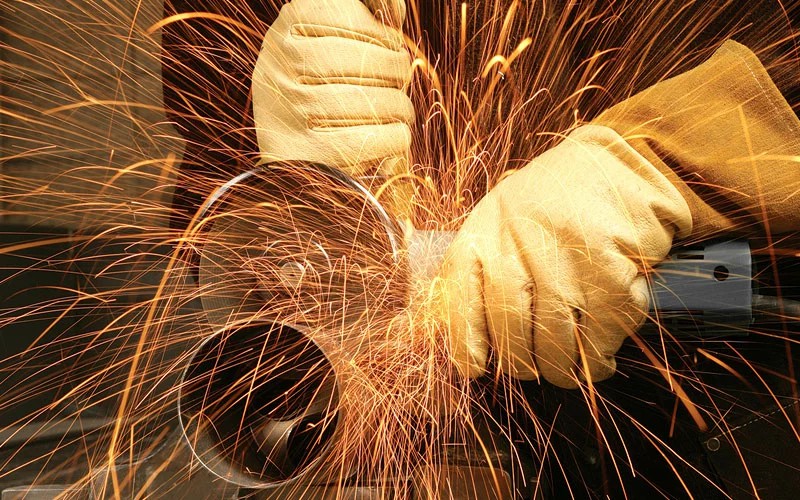


 349,500 Offered Certificates
349,500 Offered Certificates
 24/7 Online Training
24/7 Online Training
 Money Back Guarantee
Money Back Guarantee
 Fully Accredited Courses
Fully Accredited Courses

Created at: 22-02-2025 19:35
Abrasive wheels are essential tools in various industries, utilized for cutting, grinding, and polishing materials. These wheels are made from abrasive compounds, including aluminum oxide or silicon carbide, bonded together to create a strong, sturdy surface. Their applications span across construction, manufacturing, metalwork, and woodworking, making them indispensable in maintaining efficiency and precision in these fields.
While abrasive wheels are vital for many operations, they also pose significant risks when misused. Here are some common safety risks associated with abrasive wheels:
In Ireland, the importance of adequate training in the use of abrasive wheels cannot be overstated. Proper training ensures that workers are aware of the risks and equipped with the knowledge to use these tools safely. Training programs also emphasize:
To minimize risks associated with abrasive wheels, adhere to the following safety guidelines:
Employers in Ireland are obligated to comply with workplace safety regulations regarding the use of abrasive wheels. These regulations require:
Implementing best practices can significantly reduce the risk of accidents in environments where abrasive wheels are used:
In conclusion, understanding what abrasive wheels are, acknowledging the associated risks, and prioritizing proper training are essential steps for maintaining safety in the workplace. Businesses in major cities such as Dublin, Cork, Galway, Limerick, and Waterford must prioritize certification and compliance with safety standards to protect workers and promote a culture of safety. To ensure your team is equipped with the necessary skills and knowledge, consider enrolling in certified abrasive wheels training courses available throughout Ireland. For more information, contact us at [email protected].